90 days of Oli government: Economists express discontent
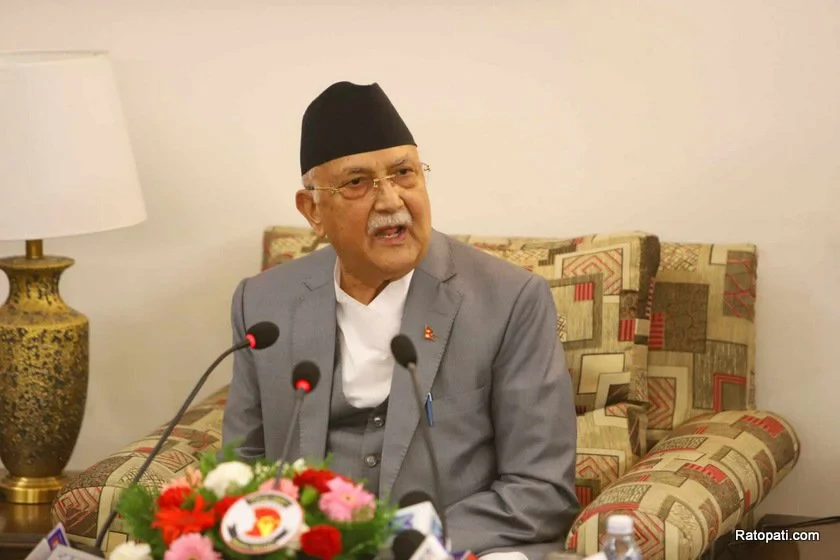
Kathmandu, October 17 — Three months have elapsed since the establishment of the new government. On July 14, President Ramchandra Paudel appointed KP Sharma Oli as Prime Minister, following the recommendations of the Nepali Congress and the CPN-UML. This marks the first coalition government formed by the country’s two largest parties in nearly a decade.
In democratic nations with parliamentary systems, such occurrences are uncommon, thereby endowing the current government with considerable authority, having secured a near two-thirds majority. Coalition partners have characterized this alliance as a means to navigate the country through challenging times. Similar coalitions were established in 1990, 2006, and 2015, each addressing significant issues concerning the nation’s political framework and the pursuit of rights.
In 1990, the principal parties united to dismantle the Panchayat system. In 2006, their objective was to dismantle the king's autocratic regime and usher in democracy. By 2015, the two parties collaborated to draft a constitution, a venture in which they ultimately succeeded.
However, the present circumstances are markedly different. Today's challenges are not solely political; they center around enhancing living standards, fostering economic prosperity, and ensuring stability. What insights have emerged in the past three months? We consulted economists to explore this matter.
Economist Deependra Bahadur Kshetri stated that the current government's actions do not demonstrate the validity of a government with a near two-thirds majority from the two major parties. While it may not be fair to make comments based solely on the first 90 days, he believes the indicators are not very promising.
According to him, the current government could primarily focus on two areas. First, it could have made solid progress towards eradicating corruption, but it has fallen short in that regard. The government has not been able to reach conclusions in investigations, including those related to cooperative fraud.
Second, the government had the opportunity to significantly improve service delivery. However, Kshetri argues that the government has also failed in this area. Providing his own experience, he said, “I had to visit several government offices today for my own work, and I had to show my citizenship in four different places. The government has claimed to digitize services and has issued national identity cards, but the public has not felt their effectiveness. The government could have delivered on these issues immediately, but that has not happened.”
Another important aspect is disaster management. The inability of the main state leaders to be present during the widespread floods and landslides across the country has also undermined the government's credibility, Kshetri noted.
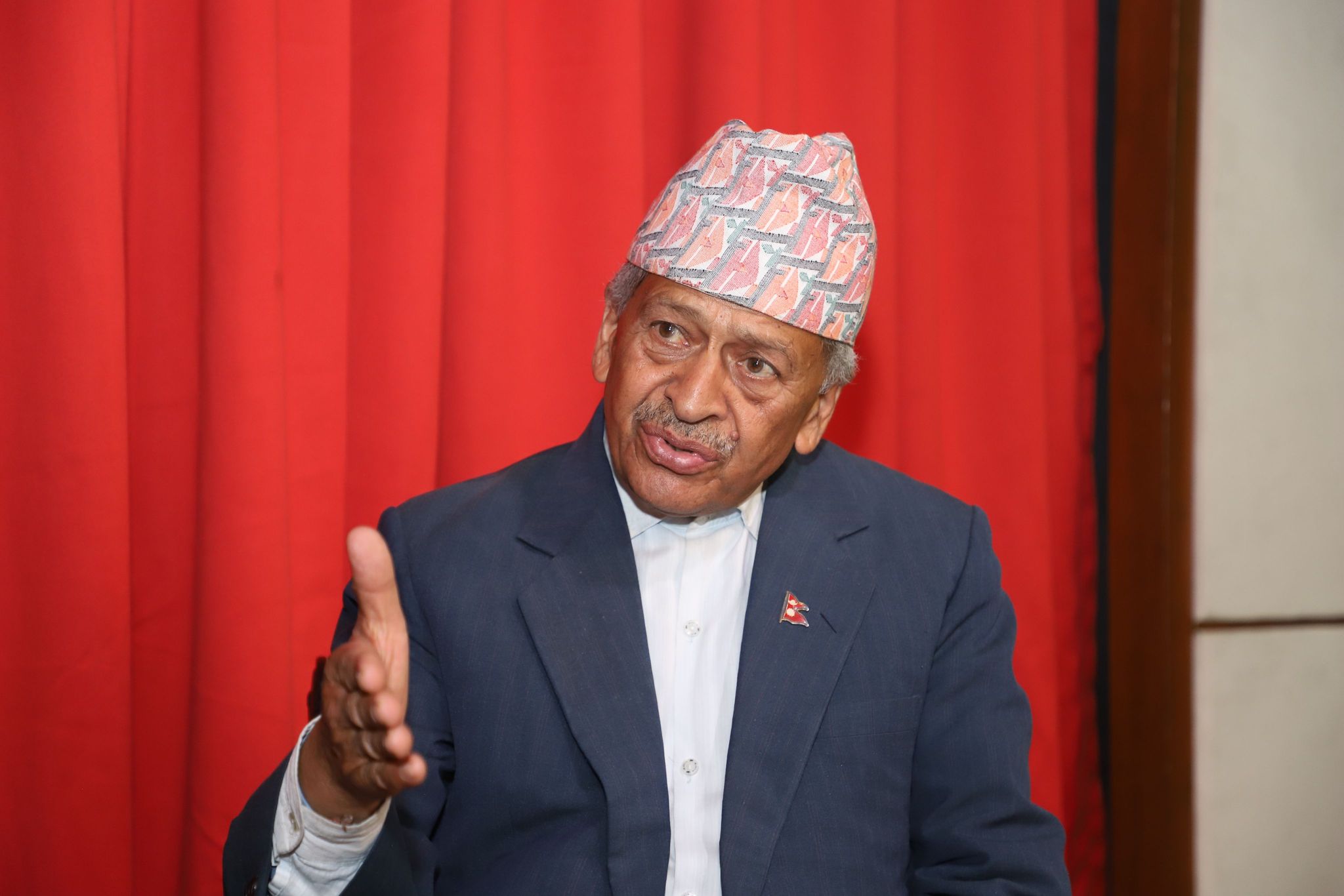
We asked economist Kshetri how to assess the government's success based on economic indicators. He responded that there has not been much difference in economic indicators between past and present governments. “Currently, external indicators are positive, but they have been good for some time now. There hasn't been significant improvement in internal production and consumption,” Kshetri states. “We still hear complaints from milk and sugarcane farmers about not receiving payments during Dashain. Construction businesses continue to claim they haven't been paid. This suggests that no real improvement has occurred.”
Another economist, Dr. Dilnath Dangal, has a somewhat different perspective. He believes that although the government's service delivery over the past three months has not met public expectations, there are some hopeful signs compared to the previous administration.
Following the formation of the new government, he notes a positive impact on the capital market, indications of a favorable investment environment amid increased liquidity, improvements in tourist arrivals, control over price inflation, and progress in capital spending and external sectors during the first two months. However, he emphasizes that these achievements do not align with public expectations.
When we asked Dr. Dangal whether he believes these government achievements are a result of policies implemented or simply occurred by chance, he stated that not all successes can be attributed to the government. He said, “I cannot say that improvements in external sectors or tourist arrivals are solely due to government efforts. However, there are indications of some government efforts in improving the capital market and creating a favorable investment environment.”
Nonetheless, he argues that the country’s main problems are different. “The biggest issues are corruption and misgovernance, low capital expenditure, and a tendency for political power to exploit state power. The current government has not instilled confidence that this will change. It does not appear that the government is taking concrete steps to end the situation where a single group benefits under the guise of reservation.”
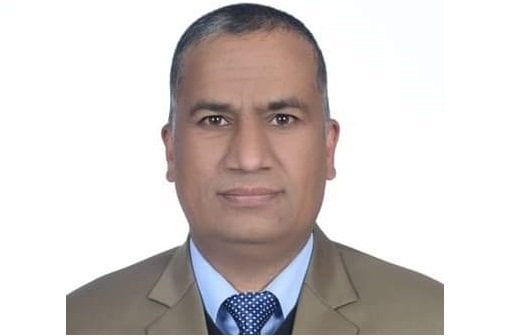
He asserts that the current economic growth and capital expenditure targets are misaligned. Dr. Dangal contends that suggesting a 6% economic growth target with a capital expenditure budget of approximately 300 billion is misguided. He emphasizes that the structural reforms necessary to address this issue do not appear to be advancing under the current administration. Furthermore, he insists that the government must act swiftly to correct policy deviations, such as imposing VAT on digital transactions.
Dr. Dangal also highlights the recent proliferation of “jealousy” as a significant factor contributing to the prevailing conditions. He observes a disturbing trend in which contributions across various sectors—be it the economy, politics, or social services—are undermined, while individuals who engage in good work are subjected to criticism and vitriol via fake social media accounts. This inclination to elevate those with questionable histories has exacerbated existing problems. “It seems the government has not made sufficient efforts to transcend this troubling phenomenon,” he remarks.

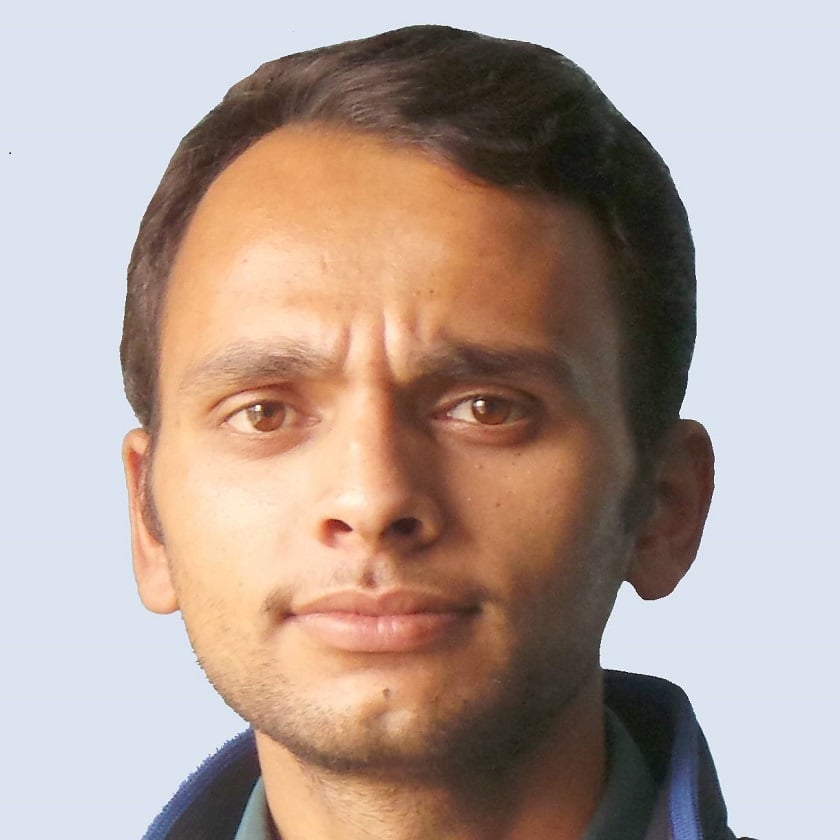
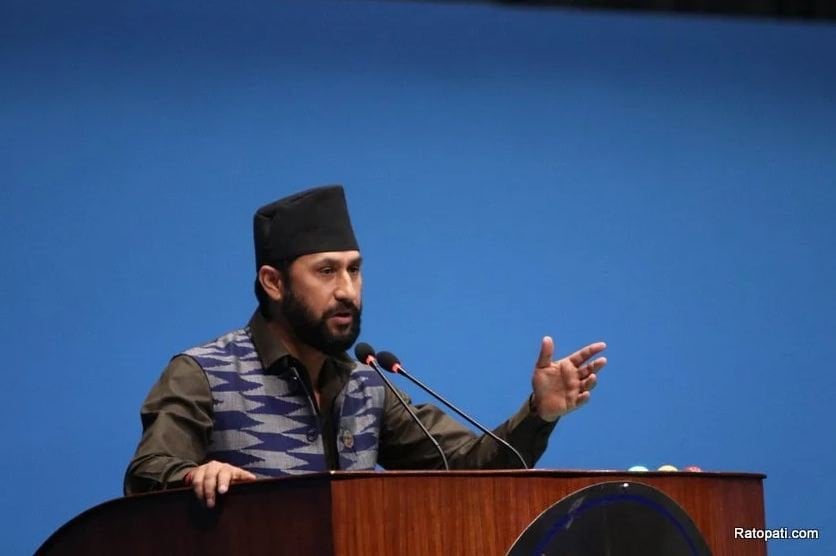
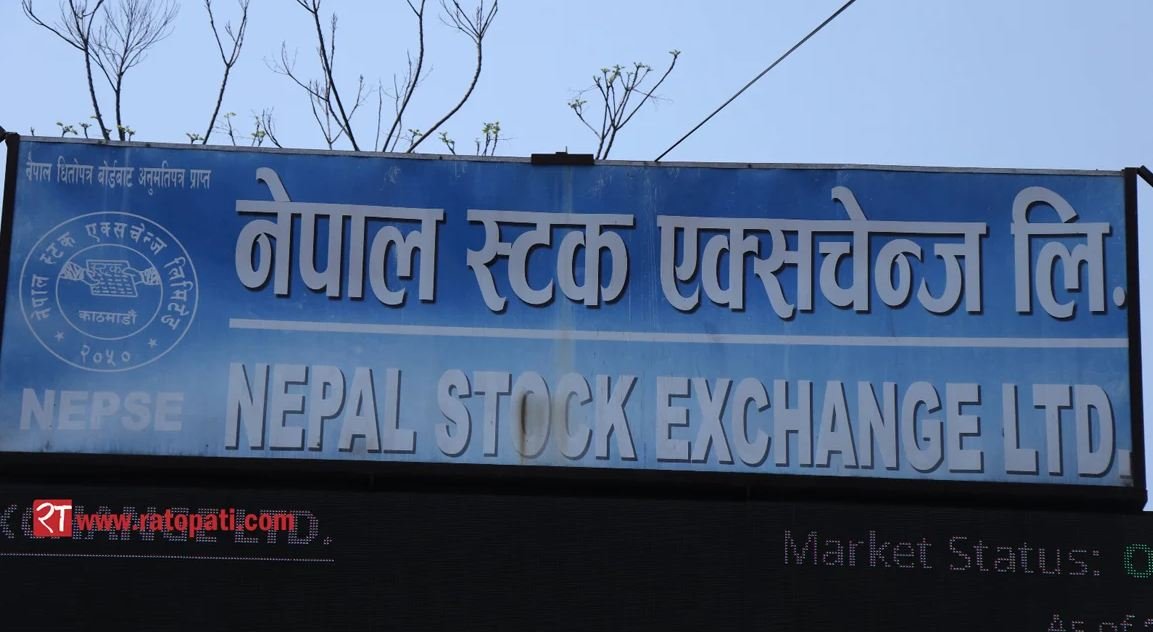
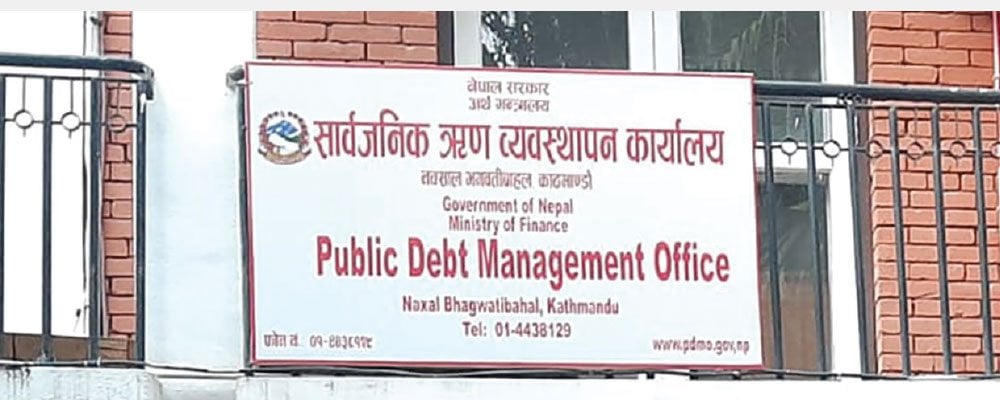





Leave Comment